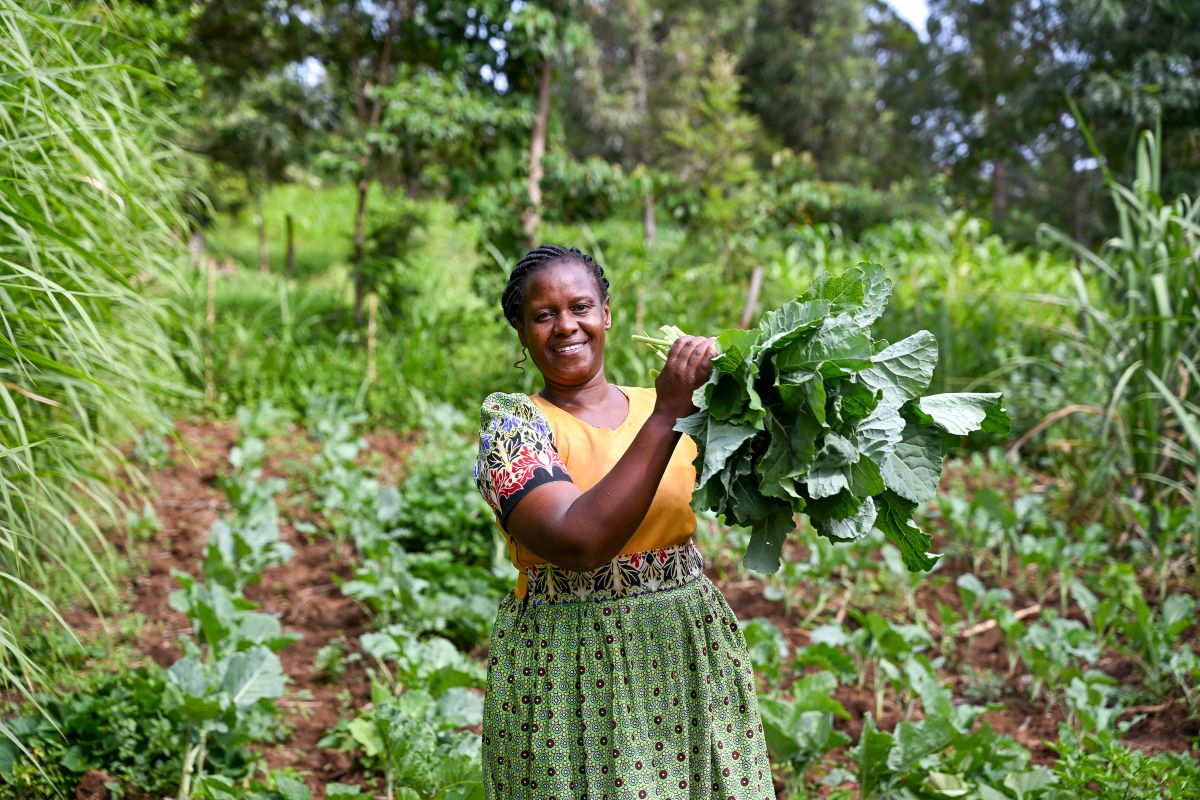Climate change is not gender neutral. Its impacts exacerbate existing inequalities, placing women and marginalized groups at the frontlines of climate-related displacement, food insecurity and loss of livelihoods. The adoption of a strong Gender Action Plan at COP30 is therefore not only a matter of justice, but also a strategic imperative for effective climate action.
“Failure to adopt a robust GAP would set back gender equality and human rights, undermining hard-won progress and signaling that women’s leadership and experience are expendable in the climate fight”, says Sarah Hendriks, Director, Policy, Programme and Intergovernmental Division at UN Women.
The first Gender Action Plan, adopted in 2017, has been instrumental in embedding gender considerations across the UNFCCC process – from mitigation and adaptation to finance, technology and capacity-building. The GAP has enabled countries, institutions and civil society to make gender equality a tangible part of climate decision-making.
UN Women’s calls to action for COP30
UN Women is calling on Parties to adopt a transformative Gender Action Plan that:
addresses the root causes of gender inequality and climate vulnerability grounded in the principles of accountability and implementationis adequately resourcedprotects and promotes the rights of women and girls in all their diversityupholds human rights and civic space, recognizing the leadership of women environmental human rights defenders as essential to climate justice
“The adoption of a strong GAP at COP30 will be a defining moment of global commitment to gender equality and the integrity of the UNFCCC as a platform for inclusive and rights-based multilateral climate governance”, says Sarah Hendriks.
UN Women calls on global leaders to seize this pivotal moment and to reaffirm that gender equality is not a fringe concern but a central pillar of effective, inclusive and just climate action.
Launch of the Gender Equality and Climate Policy Scorecard
As COP30 opens on 10 November, UN Women and the Kaschak Institute for Social Justice for Women and Girls will launch the Gender Equality and Climate Policy Scorecard, a pioneering tool that measures how governments are tackling gender inequalities through their national climate policies.
The initial analysis featuring 32 Nationally Determined Contributions (NDCs) – the climate action plans submitted by countries under the Paris Agreement – identifies progress and gaps across six dimensions: economic security, unpaid care work, health, gender-based violence, participation and leadership, and gender mainstreaming.
Findings show that while most countries acknowledge women’s disproportionate vulnerability to climate change, fewer recognize their contributions to climate solutions, or take a comprehensive approach to addressing gender inequalities. Ten countries, across five regions, are showing the way, with policy commitments across five or six dimensions. Sixteen out of 32 countries take a moderately comprehensive or limited approach to integrating gender equality, while six countries do not commit to any future gender-responsive action at all in their NDC. Most commitments focus on addressing women’s economic security in the context of the climate crisis, while women’s health, their unpaid care work and gender-based violence are relatively neglected.
The Scorecard will be discussed at UN Women’s COP30 side event, in partnership with the Government of Liberia and the Kaschak Institute, “Gender-Responsive Climate Action: Unleashing and Accelerating Implementation of the Paris Agreement,” on Thursday 20 November, 2–3.30 p.m. at the Government of Liberia’s pavilion.
Expert interviews
To arrange an interview with a UN Women expert, contact the Media Team at [ Click to reveal ]
About UN Women
UN Women exists to advance women’s rights, gender equality and the empowerment of all women and girls. As the lead UN entity on gender equality, we shift laws, institutions, social behaviours and services to close the gender gap and build an equal world for all women and girls. We keep the rights of women and girls at the centre of global progress—always, everywhere. Because gender equality is not just what we do. It is who we are.
